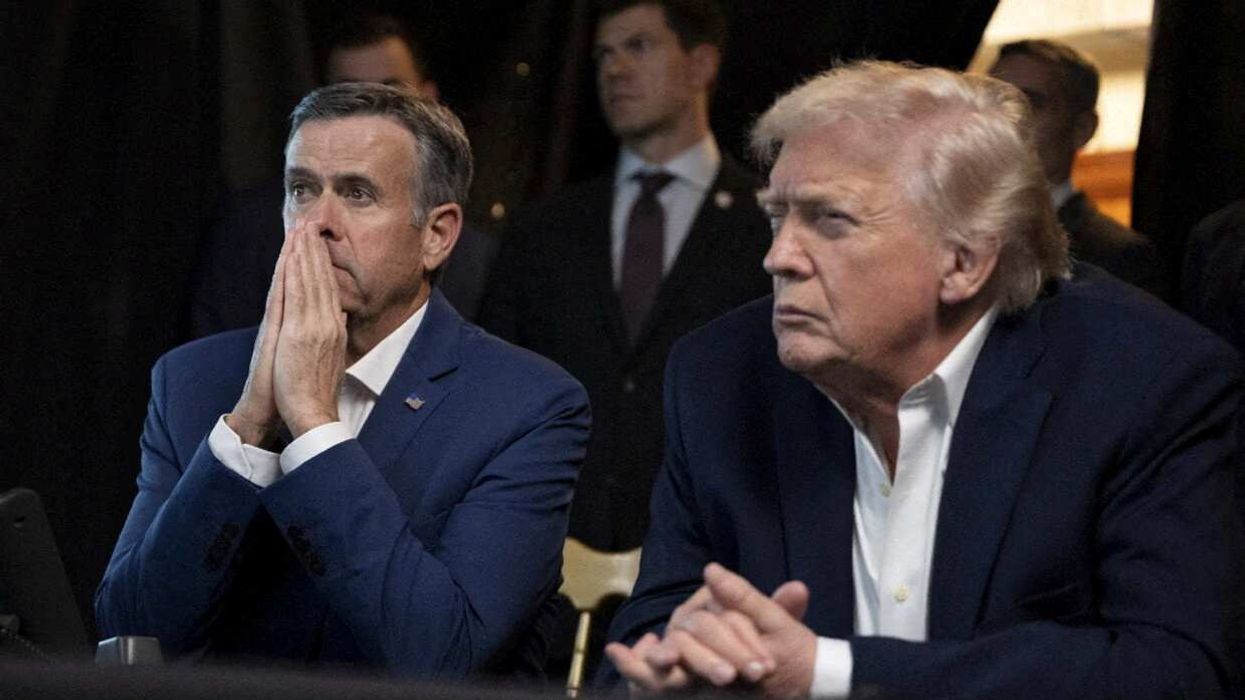In his final months in office, US President Joe Biden is looking to bolster the China-wary alliance known as “The Quad,” which brings together the US, Australia, Japan, and India. This weekend he hosted Quad leaders at his home in Wilmington, Delaware.
While the White House claimed the summit targeted no specific country, a joint statement condemned “coercive and intimidating maneuvers in the South China Sea,” a clear shot at Beijing. And in a so-called “hot mic” moment, Biden commented that “China continues to behave aggressively, testing us all across the region.”
Beijing, for its part, sees the Quad as a “threat and challenge to regional peace and security.”
The Quad summit announced expanded collaboration in maritime patrols, disaster relief, cervical cancer vaccines, tech fellowships, and clean energy projects.
The Quad hasn’t always been a top priority for its members – it lapsed almost entirely between 2008 and 2017. But when asked about the future of the group following the approaching departures of both Biden and Japanese PM Fumio Kishida, Australian Prime Minister Anthony Albanese predicted the Quad will endure, while Indian Prime Minister Narendra Modi stated “The Quad is here to stay.” To underscore that, he offered to host the group’s next gathering in 2025.


















